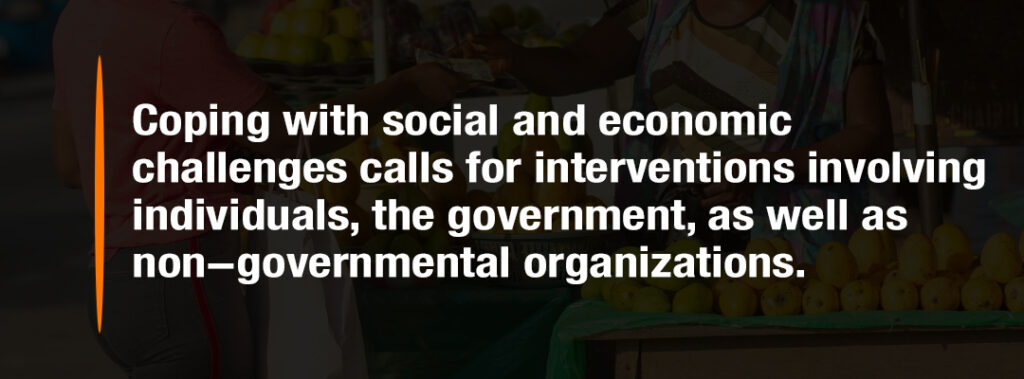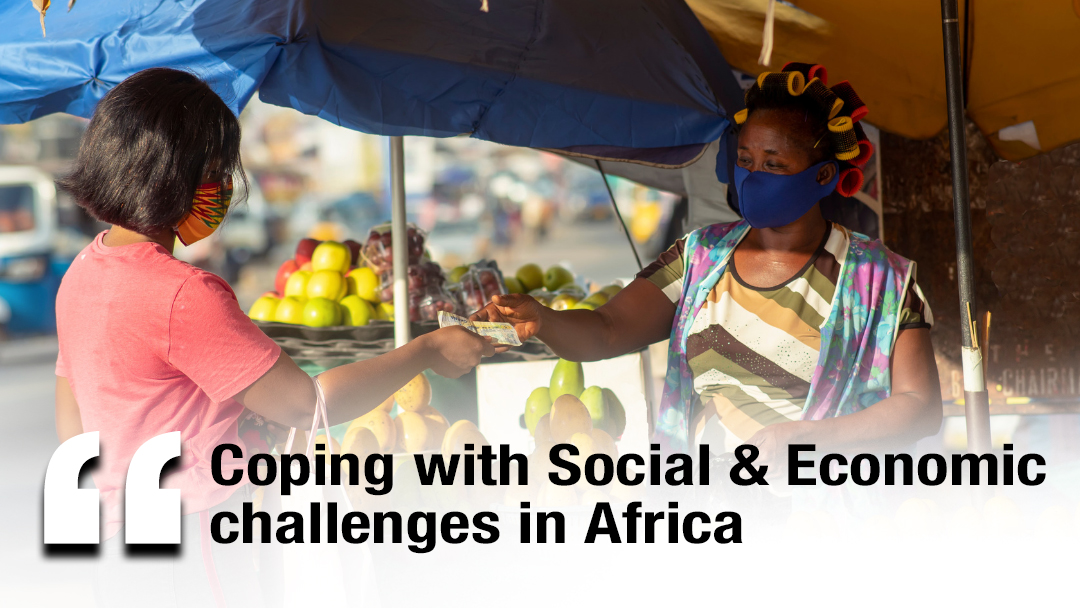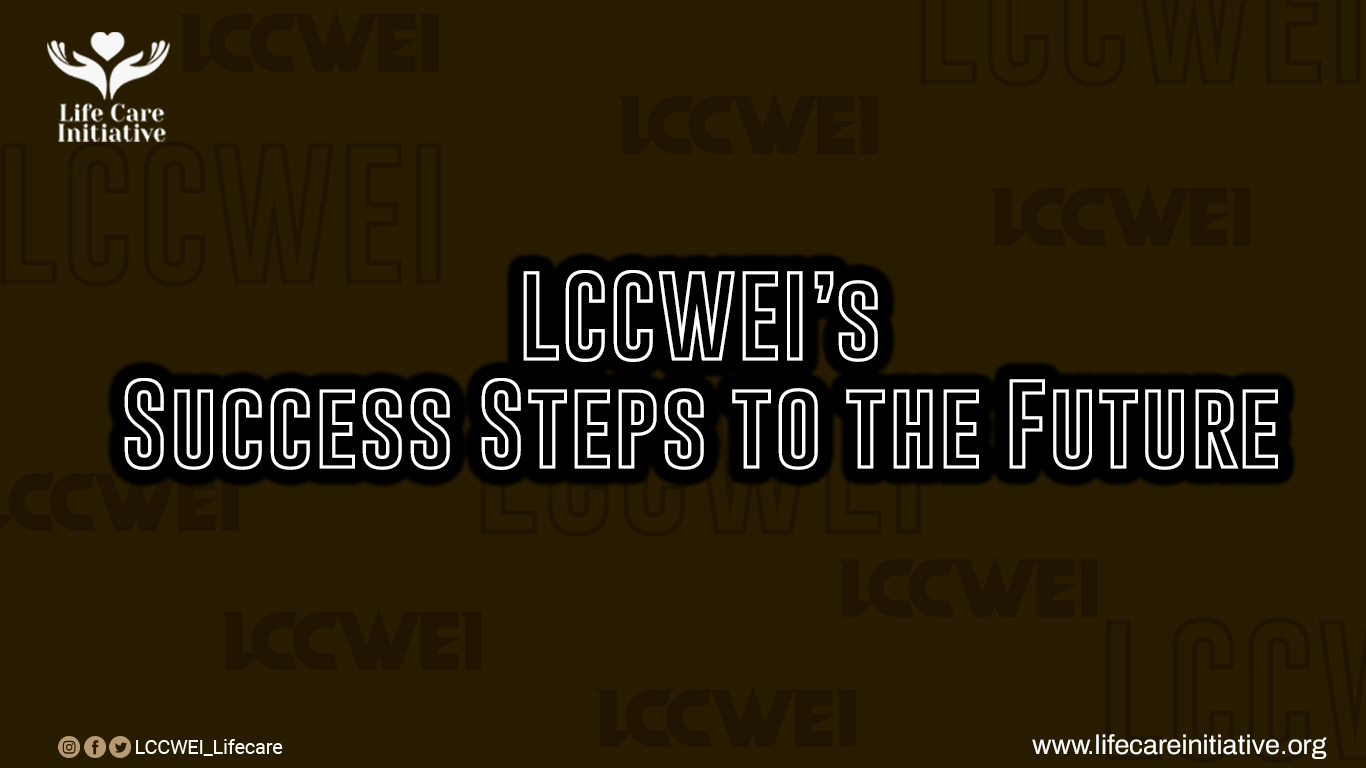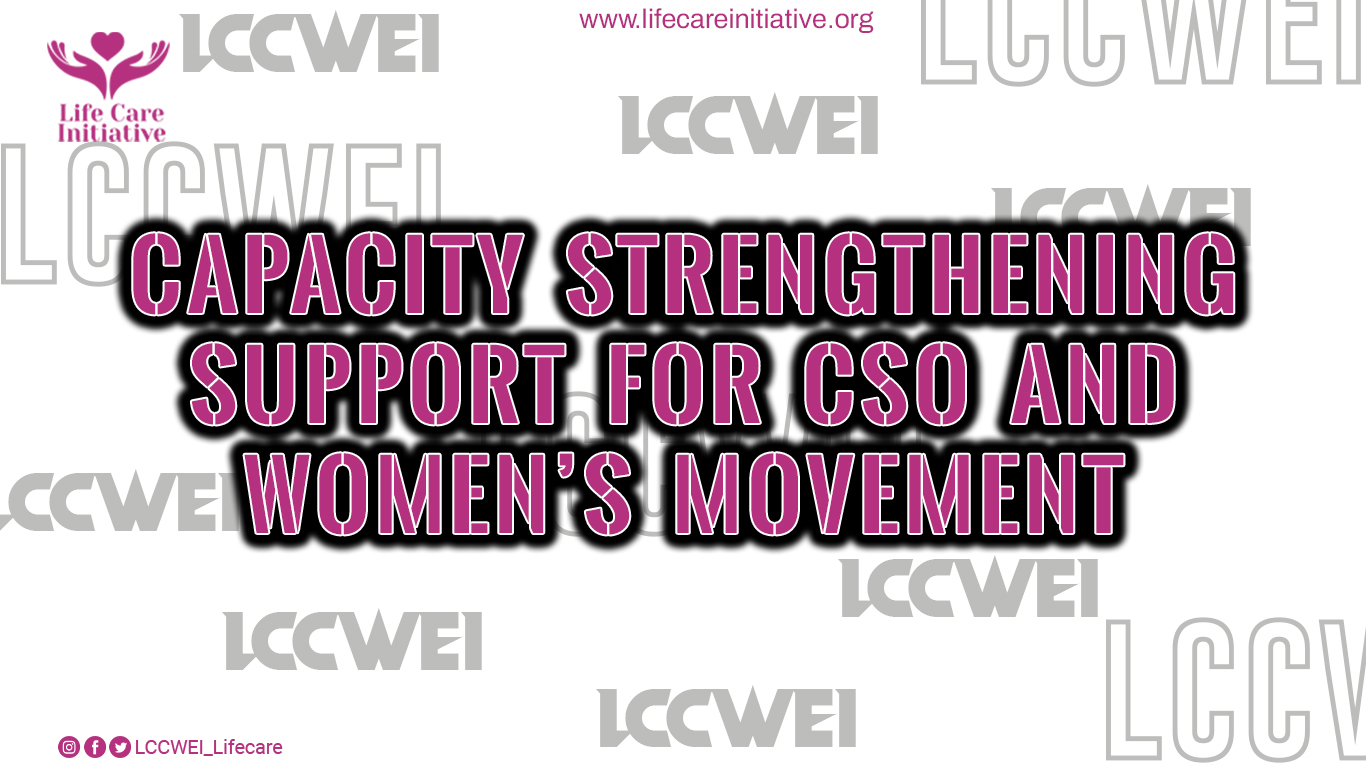Over the last two years, households across the world lost employment and other means of generating income as a result of the Covid-19 pandemic. Most children were forced to stay at home, and only a few could afford to attend school. Access to health care became problematic as Covid-19 patients flooded the hospitals while others could not afford medical payments. It became a tough time for both the employed people and those in the informal sector. Businesses shut down as a result of the economic downfall leading to hopelessness for the employees and their dependents. Unfortunately, this condition got more difficult for people who were already jobless even before the pandemic.
Africa was reported to be the poorest region compared to the other continents in the world. Statista reported that 422 million Africans lived in extreme poverty in 2019. The United Nations Economic Commission for Africa (UNECA) reported that 514 million Africans risk falling below the extreme poverty line in 2021 due to COVID-19.

Nigeria makes 13% of the world population in extreme poverty. This region’s social and economic challenges have led to disruption of daily activities, food insecurity, neglect of homestead, poor academic performance, school drop-outs, and death. People living under this condition engage in casual labor and small-scale farming for those with pieces of land to get their basic needs, especially food.
Coping with social and economic challenges calls for interventions involving individuals, the government, as well as non-governmental organizations. Adopting people-centered approaches when structuring governance and policy-making would be a long-term solution to addressing social and economic problems. People have to be empowered through job creation, environmental improvement through proper use of natural resources. Creating jobs and strengthening social protection systems, and investing in health and education goes a long way in ensuring that people in poverty-stricken areas cope with social and economic issues. Lifecare Children & Women Empowerment Initiative (LCCWEI) has a vision of empowering people in poverty-stricken areas through education. LCCWEI has supported several children to pursue education to brighten their future and support households to put a meal on their table. This way, people get encouraged to fight poverty and strengthen their economic and social status.





